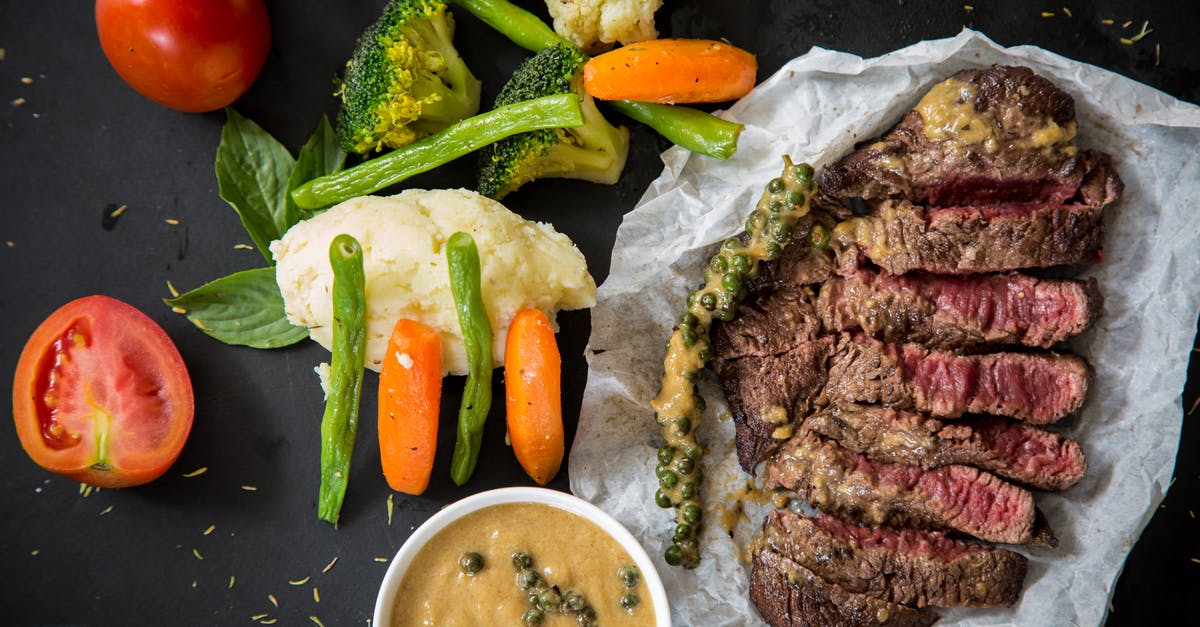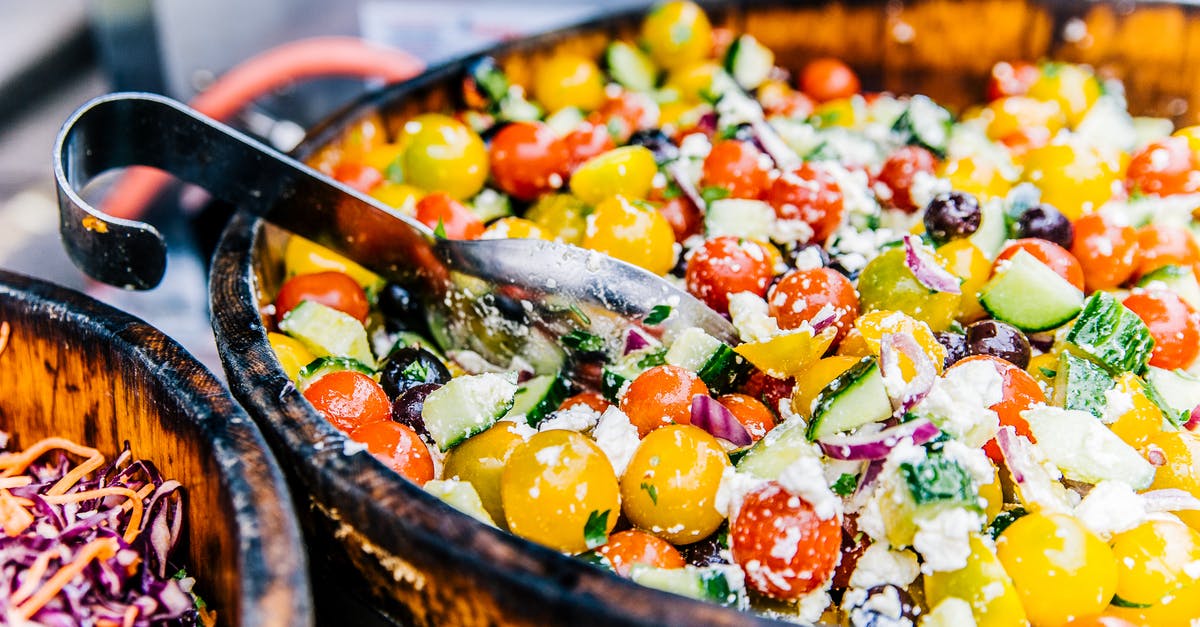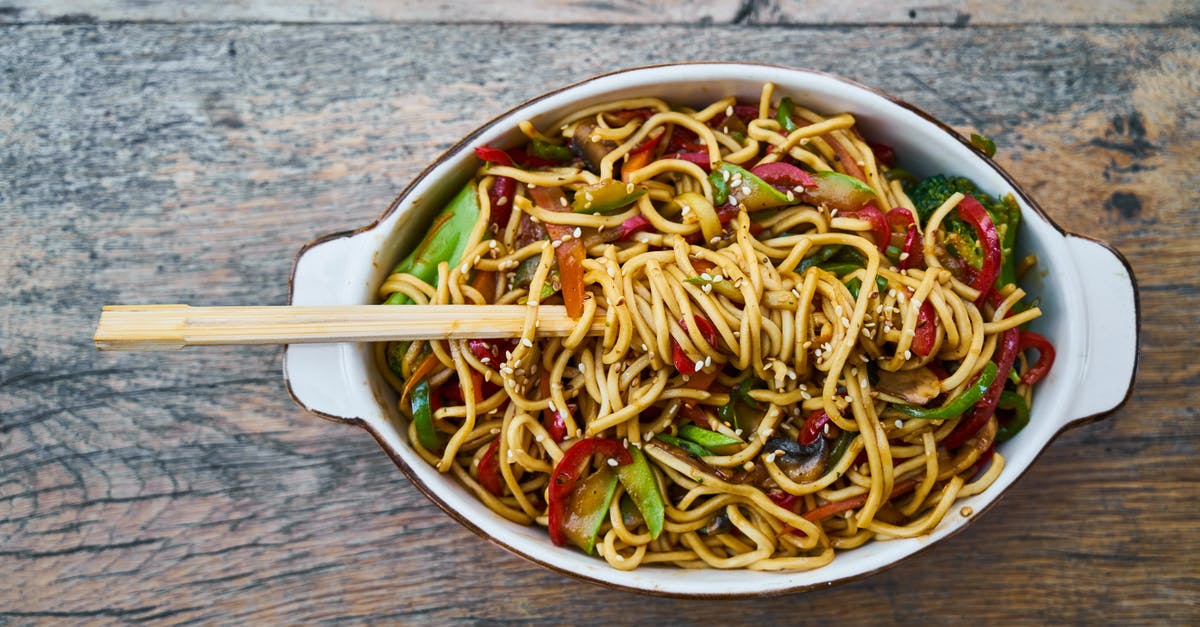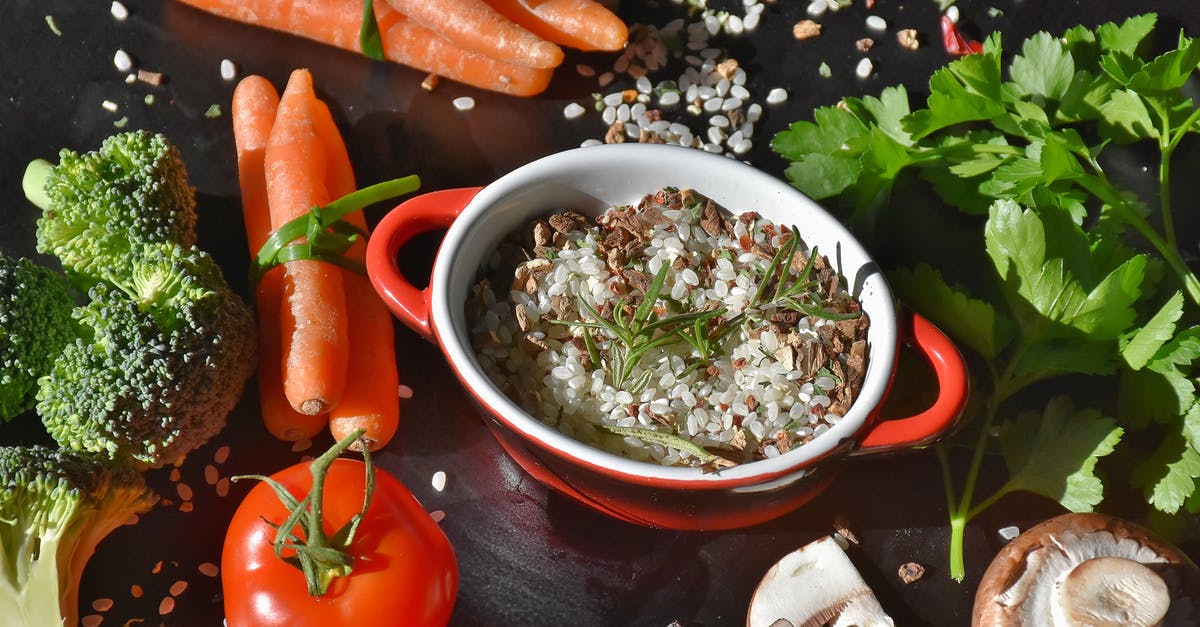Why put pepper on a dish before cooking?

(Almost?) every good recipe for searing/grilling steaks advises to season the steak with salt and pepper before cooking it.
However, I’m reasonably sure that pepper is extremely sensitive to heat and quickly loses all its flavour.
Other recipes also advise using pepper before the cooking process but with other dishes I’m confident enough to ignore this hint and invariably apply pepper after cooking (or in the last stage). When it comes to steaks I’m trying to follow every good hint I can find. But this has always bothered me: What is the purpose of seasoning steaks with pepper before cooking?
Best Answer
According to wikipedia, the melting point of piperine - the compound responsible for the pungency of black pepper - is 130 degrees celsius, so it's definitely not a given that anything you'll be cooking will heat all of the piperine above 130 degrees celsius - at which point you'd begin to get significantly faster decomposition (and lose the peppery flavor).
Now, the maillard reaction doesn't occur until around 155 celsius, so for cooking steak it's pretty much a given that the outside of the steak (including all of the pepper on the surface) will get hot enough to melt and begin to decompose, so it's certainly possible that you'd lose much of the pepper flavor from the actual peppercorns.
So the two questions are, how much is actually lost? and where does it all go?
Most recipes that call for crusting cooked meat with black pepper call for a coarse grind. One good reason for this is that by minimizing surface area, you are not allowing the piperine to heat up and decompose as quickly, so depending on how coarse your pepper is, and how hot you sear your steaks, you may have a not-insignificant amount of piperine left in your pepper. I haven't found a good source for how fast piperine breaks down at various temperatures so you'd have to test this a bit to see how much of the flavor you could expect to lose.
Probably more important is the "where does it all go?" part of this question. For this you have to consider that even though the ultimate tempurature of the pepper is far above its melting point, during cooking it has heated up slowly, not instantly, leaving a good portion of time where the piperine was melting but before it was hot enough to decompose very quickly. During this phase, piperine can escape from the peppercorn, while still intact (not decomposed) and migrate through the steak (or other dish). While cooking a steak, piperine should migrate far enough into the steak that it does not ultimately reach a temperature where it decomposes. This will cause that portion of the steak to be flavored with piperine. So, the benefit of heating the pepper is specifically so that it will melt and migrate into the dish (i.e. meld with the foods), something that you don't get by sprinkling it on the top afterwards.
Pictures about "Why put pepper on a dish before cooking?"



Quick Answer about "Why put pepper on a dish before cooking?"
While salt is a mineral that enhances the flavors of food, black pepper changes the flavor of food, adding depth and some spice.Should you add pepper before or after cooking?
What else does pepper do for food? It offers bitter notes as well as pungency (literally an irritation of the tongue), both of which serve to keep lush textures and flavors from seeming too cloying. Pepper is, in other words, a kind of punctuation, and I think a second seasoning ought to fill that grammatical role.Why do people put pepper on everything?
People apply black pepper to the skin for measles, nerve pain, itchy skin caused by mites (scabies), and to treat pain. People inhale black pepper oil to prevent falls, to help quit smoking, and for trouble swallowing. In foods, black pepper and black pepper oil are used as a spice.Why do people put black pepper?
A commonly used spice is a champion at reducing carcinogenic compounds in grilled meats, report investigators. The study found that black pepper nearly eliminates the formation of heterocyclic amines, or HCAs, which can form on the surface of meat when it is cooked.When Should We Put Pepper On Steak - Before or After Cooking?
More answers regarding why put pepper on a dish before cooking?
Answer 2
It provides a greater depth of flavour, as the pepper is cooked in to the steak instead of added at the end; the flavour melds into the meat, rather than the assertive flavour of fresh cracked black pepper.
Try it for yourself: next time you're cooking steak, pepper one before and one after, but cook both identically. Taste the difference.
Answer 3
Heating pepper creates bitterness, particularly if ground.
Though I think it depends what you're cooking with the pepper and how pepper is added, and when. Julia Child very often adds pepper near the end of a cooking cycle and that's French training - so is adding whole (unbroken) pepper corns to braises and stews.
A third point is you've got to experiment and develop technique with all ingredients. Just thinking about these things a bit and practicing will give better control. I do think herbs and spices need to be in best possible condition to keep their flavorful oils, so I avoid stale/old pepper and definitely grind it myself rather than use pre-ground. I regularly buy organic dry spices bulk, in small amounts to last half a year or less.
Sources: Stack Exchange - This article follows the attribution requirements of Stack Exchange and is licensed under CC BY-SA 3.0.
Images: Malidate Van, Daria Shevtsova, Engin Akyurt, Pixabay
